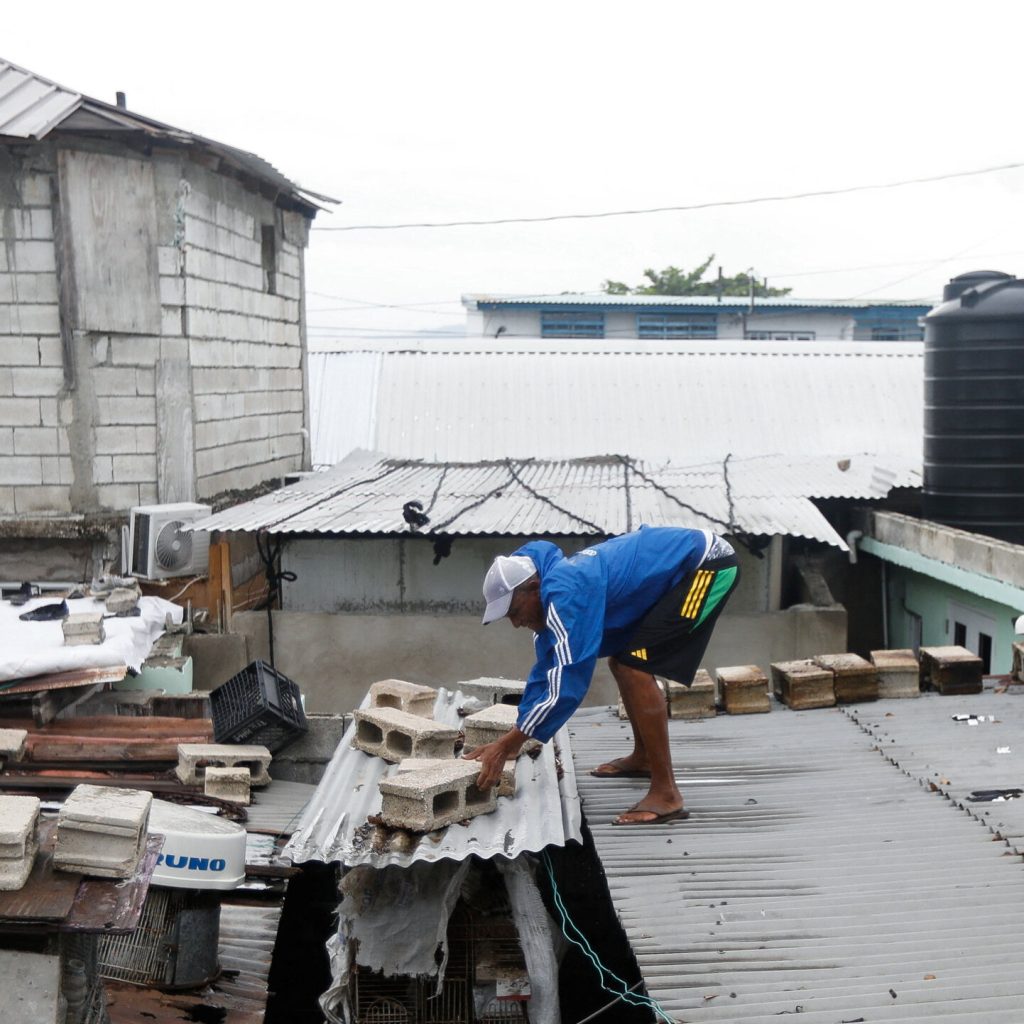Island Nations Overwhelmed by Disaster Risk, Lacking Financial Support

As Hurricane Melissa bears down on a string of Caribbean nations, many island countries are struggling to cope with the financial burdens of climate-related crises. The storm is set to exacerbate the already dire situation, with several countries facing significant debt and a severe lack of resources to respond to and recover from disasters.
The vulnerability of island nations to climate-related disasters is well-documented, with rising sea levels, increased storm intensity, and changing weather patterns posing significant threats to their very existence. However, despite the growing urgency of the situation, many of these countries are finding it increasingly difficult to access the financial support they need to prepare for and respond to disasters.
The problem is two-fold. Firstly, island nations often have limited economic resources, making it difficult for them to invest in disaster risk reduction and preparedness measures. Secondly, the cost of disasters is skyrocketing, with the total economic loss from climate-related disasters in the Caribbean region estimated to be over $100 billion in recent years.
The consequences of inaction are dire. Without adequate financial support, island nations are forced to divert scarce resources away from essential public services, such as healthcare and education, to respond to disasters. This can have long-term impacts on their economic development and social stability.
The need for urgent action is clear. International organizations, governments, and financial institutions must work together to provide island nations with the financial support they need to build resilience and adapt to the impacts of climate change. This includes providing access to affordable finance, technical assistance, and climate-resilient infrastructure.
The clock is ticking, and the situation demands immediate attention. As Hurricane Melissa approaches, island nations are bracing themselves for the worst. It is imperative that the international community steps up to provide the necessary support to help these countries mitigate the impacts of disasters and build a more sustainable future.




